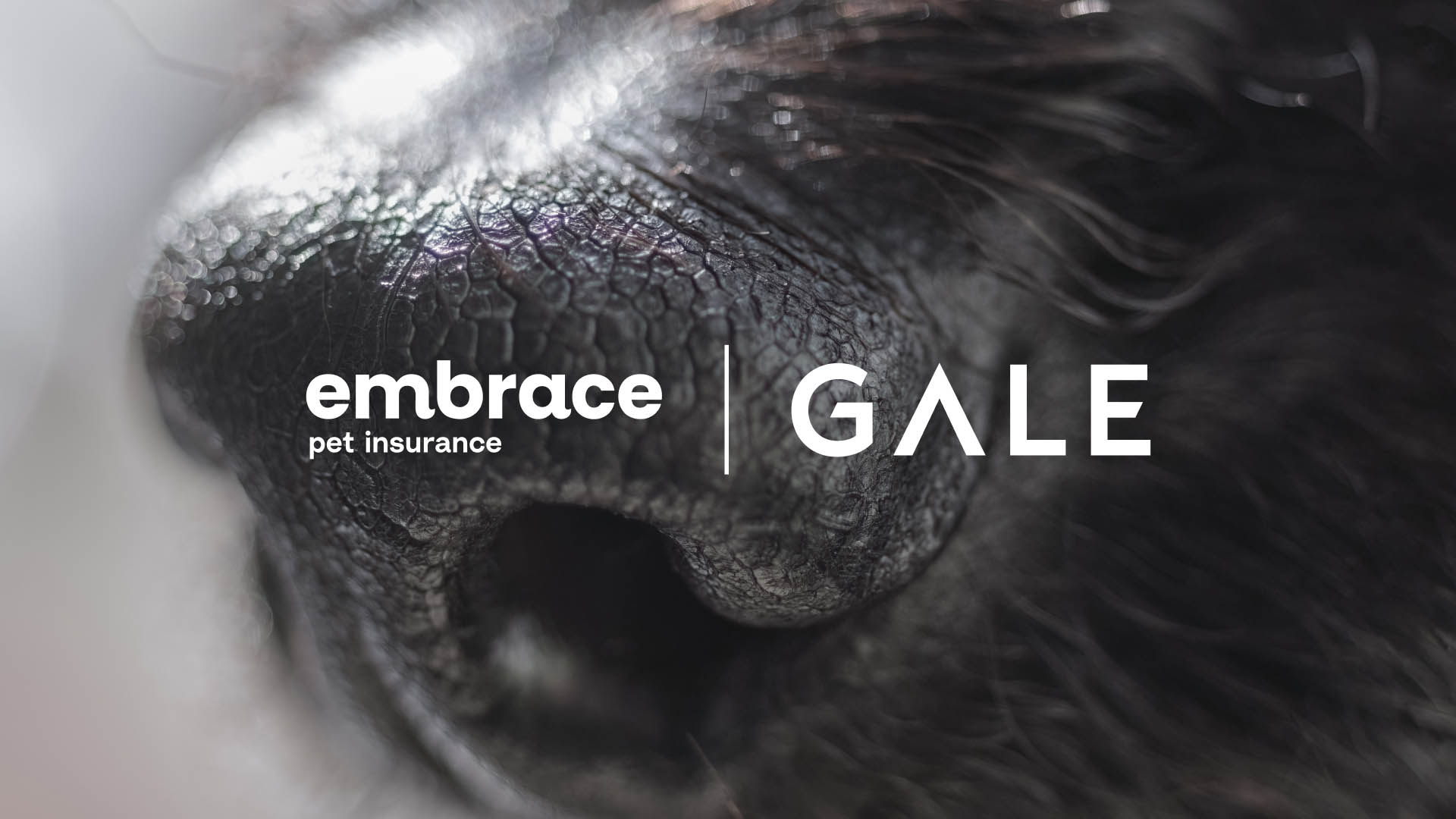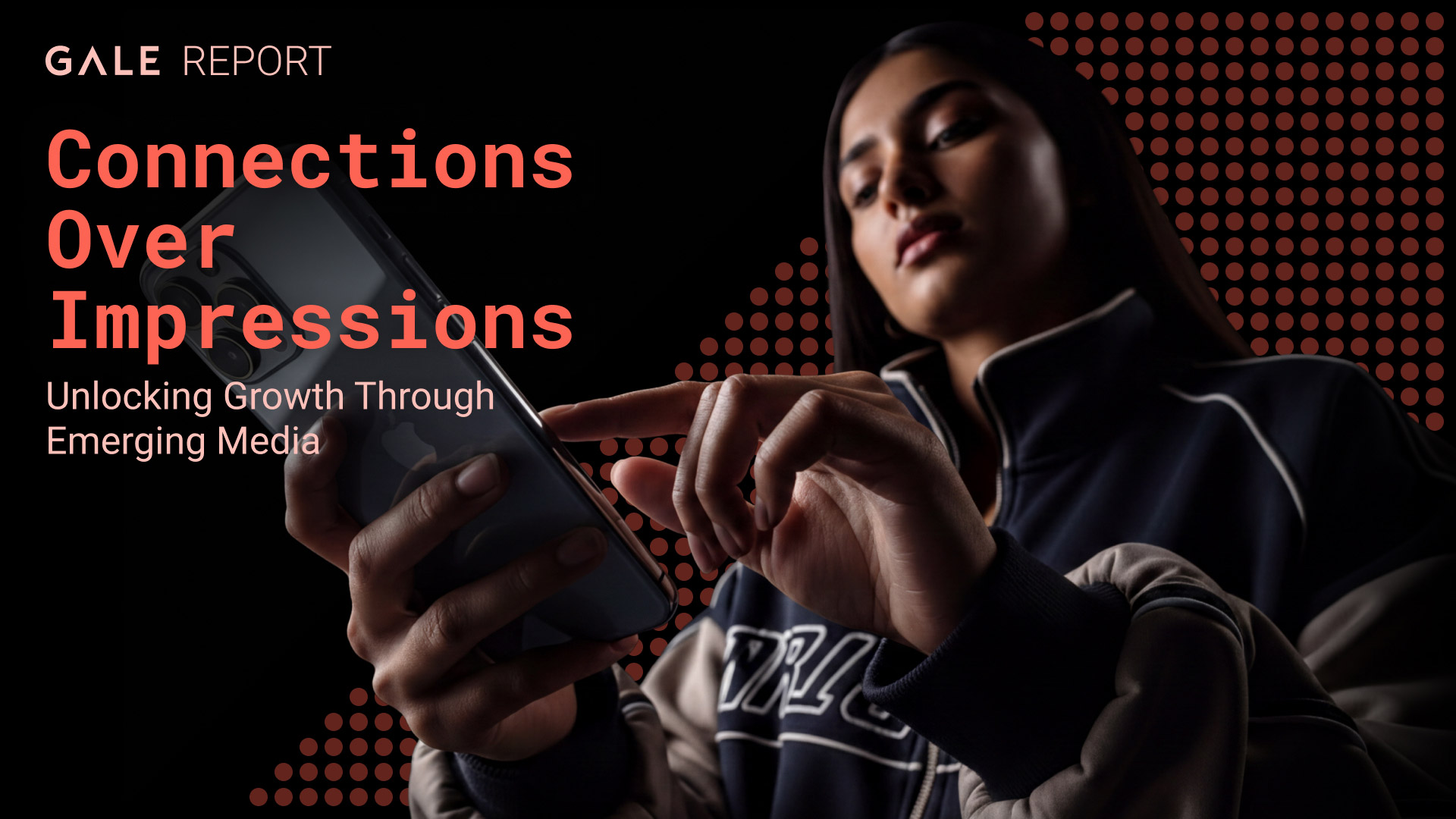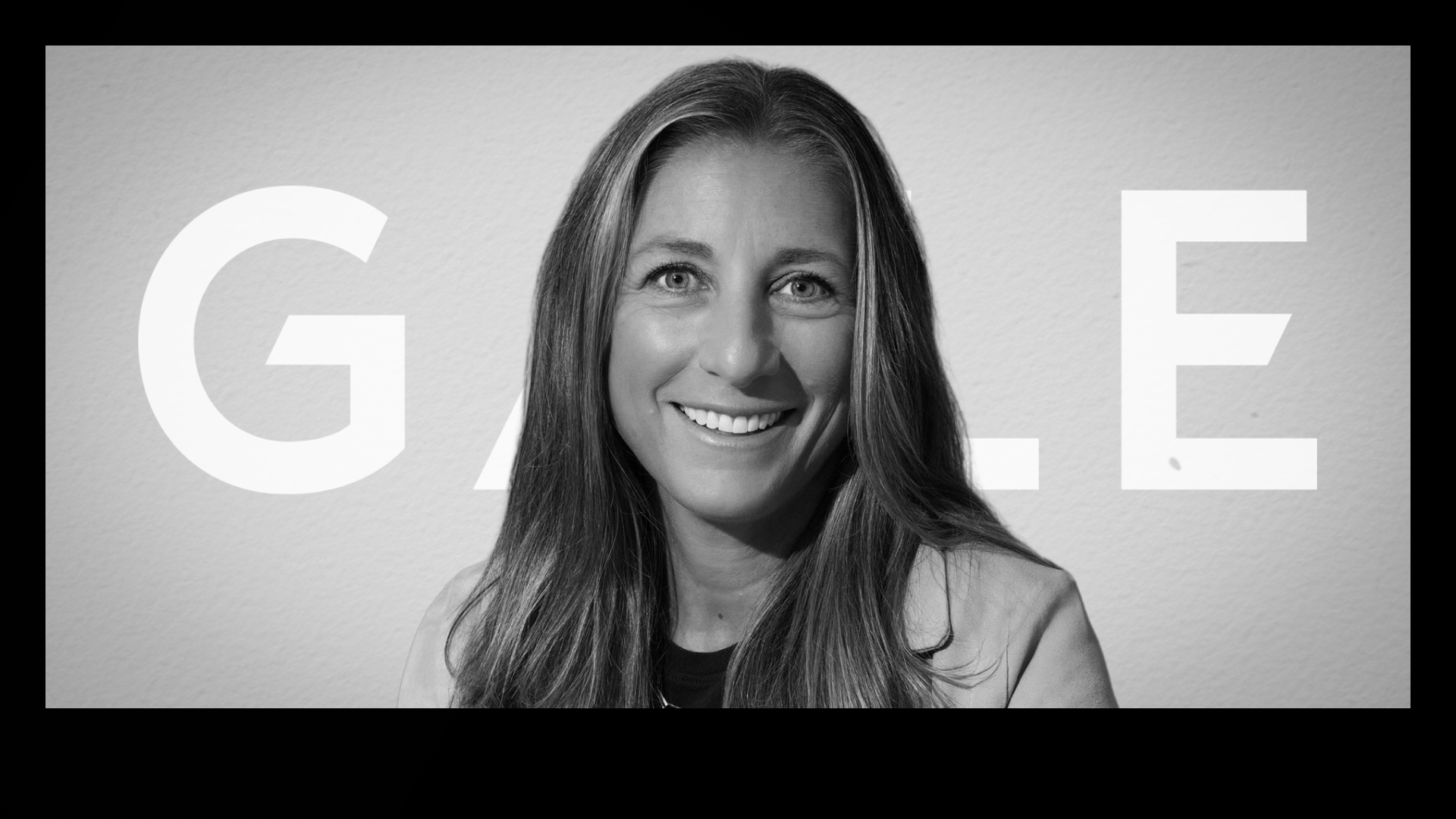Teams had all the freedom to pick topics that they were passionate about. They submitted proposals in advance and were given the go-ahead based on a set of criteria for the Hackathon. While I loved the energy in all the Hackathon projects, these were my favorites:
An LED clock using Arduino
The office had an analog clock which was made from assembled recycled bottles. The team used the Hackathon as an opportunity to convert this analog clock into an LED one powered by Arduino, an open source prototyping platform. The bottles are arranged from 1–12 and two bottles are lit with LED lights to indicate hour and minutes. The team is able to develop custom light patterns on the clock, remotely. The idea is to integrate the clock with Jira, our project management system to track status updates, highlights, and milestones visually. The clock also has the ability to indicate the performance of marketing campaigns. In the future, the team is planning to integrate a microphone, speaker, and camera that will allow them to further develop other applications. And if that wasn’t enough, the plan is to integrate the clock with weather sensors to show temperature and humidity levels.
An automation quality analysis tool
Running manual tests to conduct QA is tedious and time consuming. When the Hackathon was announced the team jumped on the opportunity to build an automation quality analysis tool using Django, an open source web platform, J2EE, an open source java-centric environment, and Selenium, a software testing framework. Their new tool creates typical quality analysis activities and has a user interface overlay that allows users who have limited experience in developing automation scripts to run tests. The tool not only reduces the time required for testing while alleviating the monotony of running manual tests, it also limits human error. The tool is now integrated as one of the internal projects at GALE and we are looking forward to extending this quality analysis tool to other projects.
An app to facilitate the rescue of animals
Some of GALE’s team members are involved in rescuing abandoned animals in their spare time. They stay connected with other volunteers in the city through groups on instant messenger apps. The challenge? These groups are inefficient and at times they were open to miscommunication with multiple messages being sent at the same time. In order to simplify the rescue efforts, the team built an app that uses GPS to facilitate the rescue of animals through a push notification system. In the future, the team plans to use this app to extend support to homeless people. The app has a social impact that extends beyond GALE and we’re excited to see the difference it can make.
All nine teams brought epic ideas to the table and they were judged on criteria ranging from coolness factor to applicability within GALE. It was great to see the teams working together with people they don’t always have the opportunity to partner with, and have a great time in the process.
We look forward to rolling out similar initiatives in our other offices and in supporting the winning teams to bring their ideas to life!










